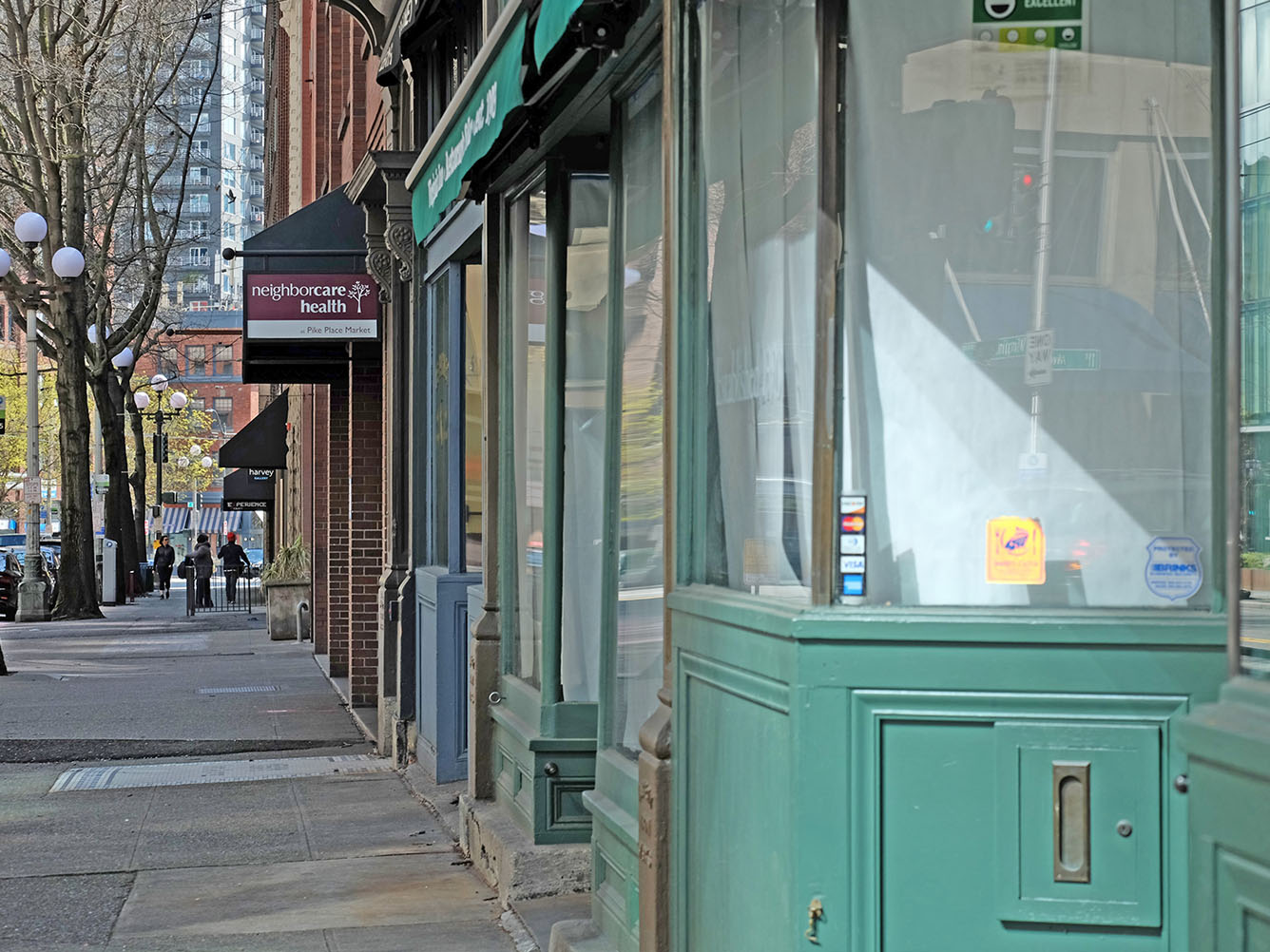News
Some say there is a ‘real threat’ of companies leaving over Seattle’s historic tax
Posted on

This story was originally published by FOX-TV on July 7, 2020
SEATTLE – The historic business tax approved by Seattle City Council on Monday is expected to impact more than 700 businesses in Seattle.
Some are applauding the largest tax on businesses in Seattle’s history while others say it’s a colossal misguided policy that will have long-term impacts as businesses try to survive a pandemic.
The tax is aimed at large companies charging them on high earners but many in the business community say that is not the whole story and that how big companies react to the new tax will also affect mid-size companies and small businesses.
Four months into a pandemic, activity has picked up across Seattle but the vibrancy of what life use to be is still a memory.
“Every single company just learned how to work remotely and that’s going to change things, I have a lot of businesses downtown, a lot of my fellow restaurant friends have businesses downtown, we want people to come back to those office buildings and come back to our restaurants,” Ethan Stowell said.
Well-known Chef Ethan Stowell has 18 restaurants but his company is not directly impacted as much as other companies by the new tax.
That is because many in the restaurant business do not make $150,000 or more. The JumpStart tax will target any business with a $7 million payroll or more and charge companies .7% for every employee who makes $150,000 or more.
The tax rate is structured in tiers imposing higher taxes for higher companies with larger payrolls and higher incomes.
“Who is going to leave the region right now, how many jobs is it going to cost Seattle, it’s a widely unknown thing,” Stowell said.
Stowell says he is in favor of a progressive tax but he still questions the timing of the new one.
“Timing obviously is a big issue that many people are rightfully justified in their frustration but as a company we are in favor of progressive taxes,” Stowell said.
Stowell is pushing for a statewide or regional solution to the tax issue rather than policies that come down just on businesses.
He said his company did provide feedback to Council Member Teresa Mosqueda’s office before the passage of the tax. Mosqueda was the main sponsor of the measure.
But other businesses didn’t have much of a say.
“Out of practice it was for the council not to send this measure to voters, not to adopt a very detailed accountable spending plan before or at the same time they adopted the tax,” Downtown Seattle Association President Jon Scholes said.
Scholes is also concerned about the length of the tax.
“Not to a have any renewal this goes on for 20 years,” Scholes said.
Scholes says there is a real threat of businesses now relocating away from Seattle.
“It’s like the folks who wrote this bill is not reading the same headlines I am reading I saw a headline the other day about Nordstrom laying off, furloughing thousands of employees,” Scholes said.
Mosqueda was not available for an interview on Tuesday but she issued a statement on Monday that said in part, “JumpStart Seattle will do just that-jump start our recovery with a relief plan that centers, workers, small businesses and our most vulnerable community members.”
“I think the JumpStart Seattle plan is going to jump start Bellevue,” Scholes said.
Scholes said many businesses thriving before the pandemic are struggling just to survive and taxing them is essentially kicking them when they are down.
“We have retailers still closed, we have never faced anything like this in modern time in the city of Seattle,” Scholes said.
DSA said the legal vulnerabilities of the tax bill will be analyzed moving forward. On Tuesday, Q13 News reached out to nearly a dozen large companies. Amazon said they had no statement.
Meanwhile Expedia said they support Mosqueda’s tax measure.
Government Affairs Manager Richard Lazaro with Expedia released the following statement.
“Expedia Group is proud to work with local leaders to help address our hometown’s challenges, and we’re grateful for Councilmember Mosqueda’s collaborative approach to these conversations. Our employees are invested in making progress on affordable housing, homelessness, and economic recovery. We believe that regional or statewide issues like these are best addressed through regional or statewide solutions, and remain committed to supporting progress on those solutions in Olympia.”
Q13 News also reached out to Working WA and they released this statement.
“City Council did what we elected them to do. They voted to support the hundreds of thousands of us who need relief in this crisis by ensuring the biggest businesses doling out the highest salaries pay a little bit forward to jumpstart our economy. America’s bosses & billionaires have seen their wealth grow by a half-trillion dollars since the coronavirus crisis hit, so they’re going to be fine. Now the rest of us have a shot too.”
The tax will go into effect in 2021 with funds collected starting in February 2022.